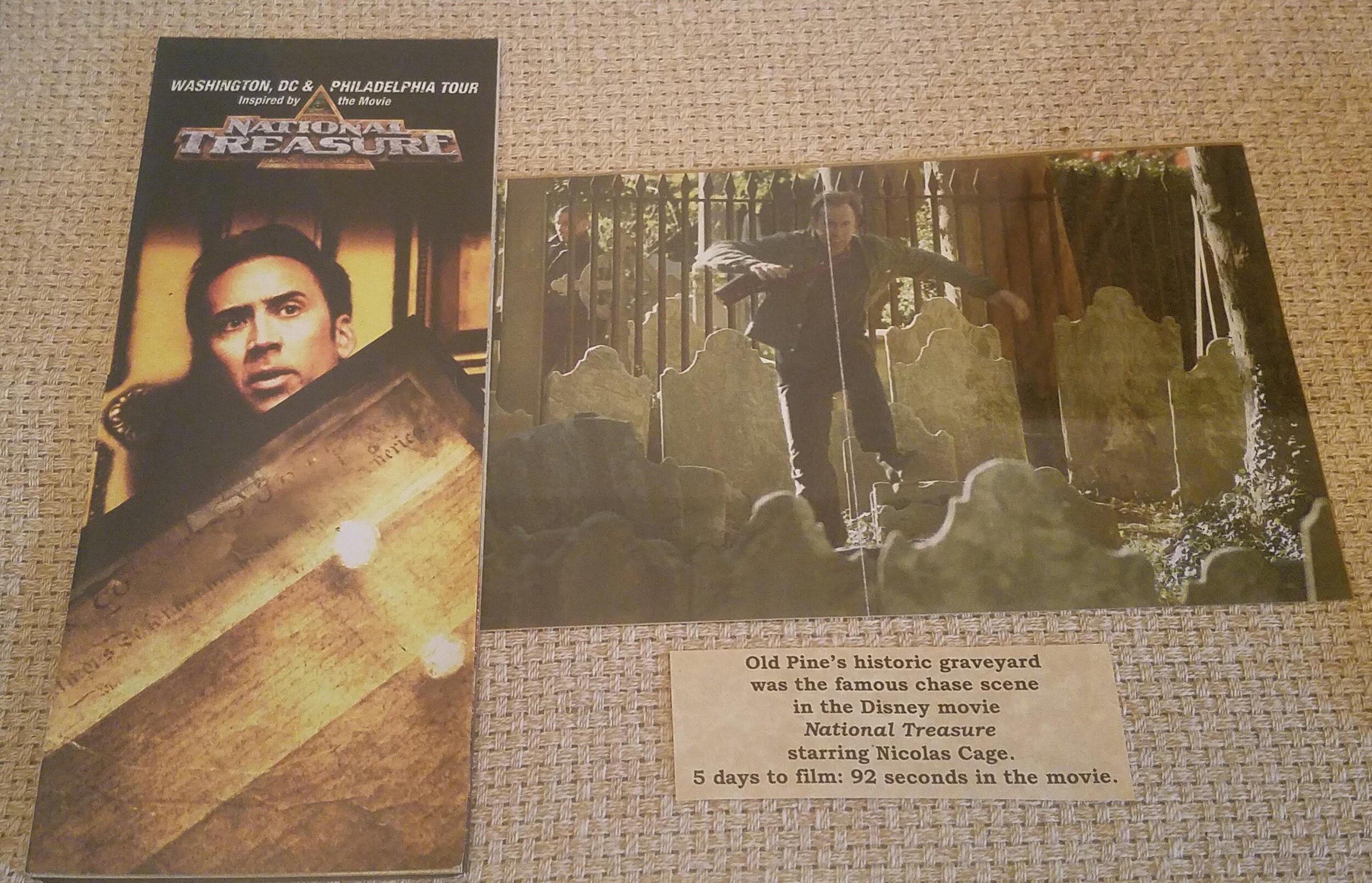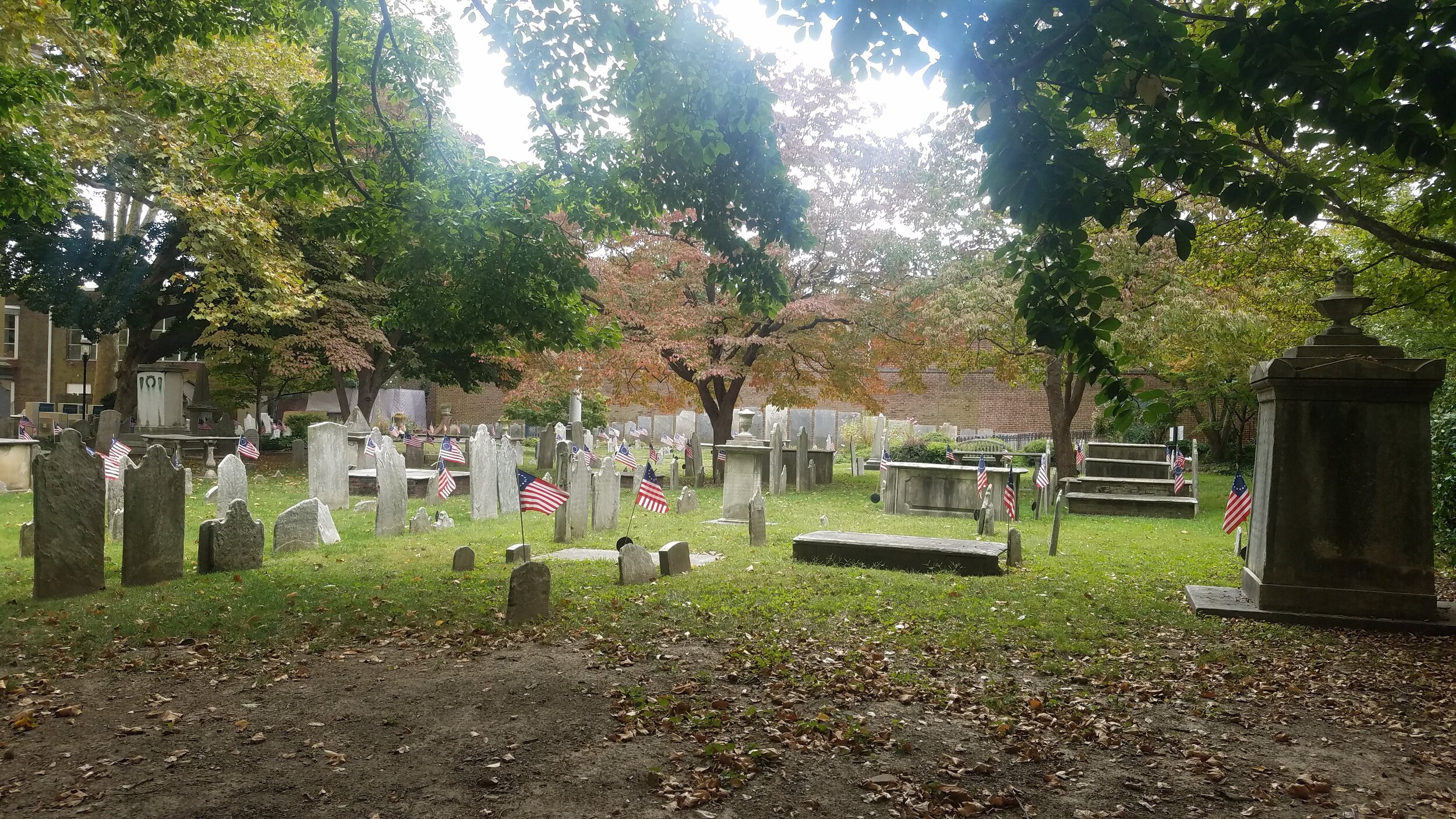(Receive our blog posts in your email by clicking here. If the author links in this post are broken, please visit our Free PDF Library and click on the author’s page directly.)
For those who enjoy the cinema, there are some interesting ties between American Presbyterians on Log College Press and the movies.
The 2003 film Gods and Generals, which tells the story of the War Between the States largely from the points of one military officer from the North and one from the South, features Stephen Lang who played Stonewall Jackson (Presbyterian deacon) and Martin Clark as Dr. George Junkin (Presbyterian minister, and Jackson’s father-in-law).
Francis J. Grimké and Matthew Anderson once had occasion to watch a film together - D.W. Griffith’s The Birth of a Nation (1915). The movie is famous for its positive portrayal of the Klu Klux Klan, which Grimké noted in his review. He vehemently critiqued the film for its apparent effort to excite racial prejudice against African-Americans.
J.G. Machen was a Charlie Chaplin fan, according to D.G. Hart, who commented, writing in Defending the Faith: J. Gresham Machen and the Crisis of Conservative Protestantism in Modern America, pp. 164, 207:
The final issue that split fundamentalist and traditionalist Presbyterians concerned personal morality. In [James Oliver] Buswell's estimation this was the proverbial straw that would break the camel's back. Those in the church who sided with him, Buswell wrote (in what turned out to be his last letter to Machen), were concerned about reports that Westminster students used liquor in their rooms "with the approval of some members of the faculty." The use of alcohol, even in the celebration of the sacrament, he added, was "far more likely" to divide the church than "any question of eschatology." Buswell and other fundamentalists in the church were also "shocked" by leaders of the new denomination who defended "the products of Hollywood," a "useless,...waste of energy." Machen never responded to Buswell but his opposition to Prohibition provides a clue to his views on alcohol. In addition to opposing the expanded powers of the federal government that the Eighteenth Amendment granted, Machen also thought the Bible allowed moderate use of alcohol. This was also the position of the majority of faculty at Westminster who came from ethnic churches were the idea of total abstinence with American evangelicalism was foreign. As for Buswell's reference to Hollywood, Machen did enjoy going to the movies and commented favorably on Charlie Chaplin but did not make any remarks about film in his published writings.10
10. Buswell to Machen, December 4, 1936, MA. On Machen's fondness for movies, see, for example, his letters to his mother, May 14, 1913, March 11 and August 23, 1914, MA.
The 2004 film National Treasure includes a scene in which Benjamin Gates (played by Nicolas Cage) includes a scene in which Gates is pursued by treasure hunters through the famous graveyard at the Old Pine Street Presbyterian Church in Philadelphia, Pennsylvania, a church associated with Archibald Alexander, George Duffield II, Moses Hoge, John Blair Smith, John Ewing, Stephen Henry Gloucester, Thomas Brainerd, and Hughes Oliphant Gibbons, among others. The church, which highlights its appearance in National Treasure, is just around the corner from the Presbyterian Historical Society.
James Bradley, “the emancipated slave” who aimed to become a Presbyterian minister, was portrayed by Jaylen Marks in the 2019 docudrama Sons & Daughters of Thunder.
These are a few of the curious and fascinating connections between Hollywood and American Presbyterianism to be found at Log College Press. As we say here, even in regards to culture:









